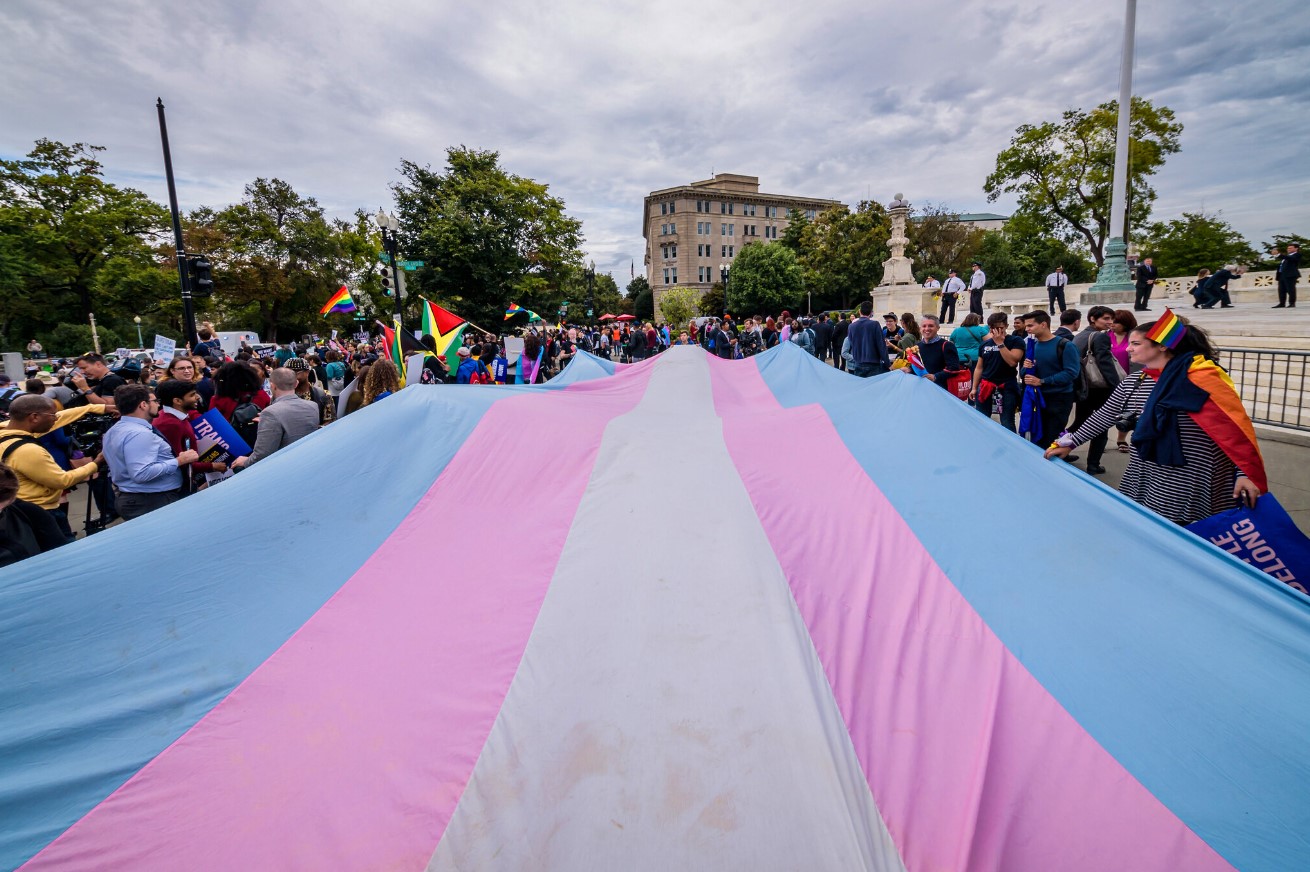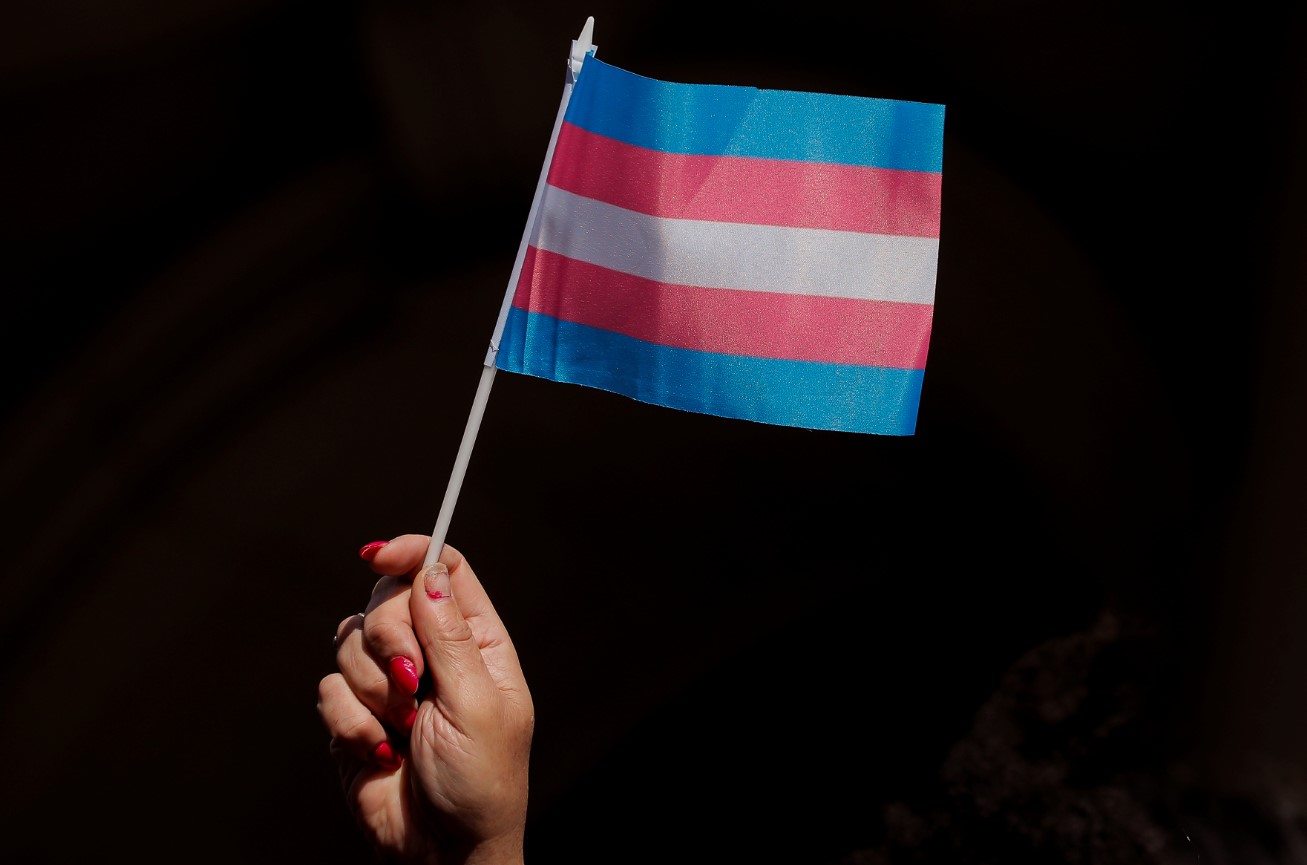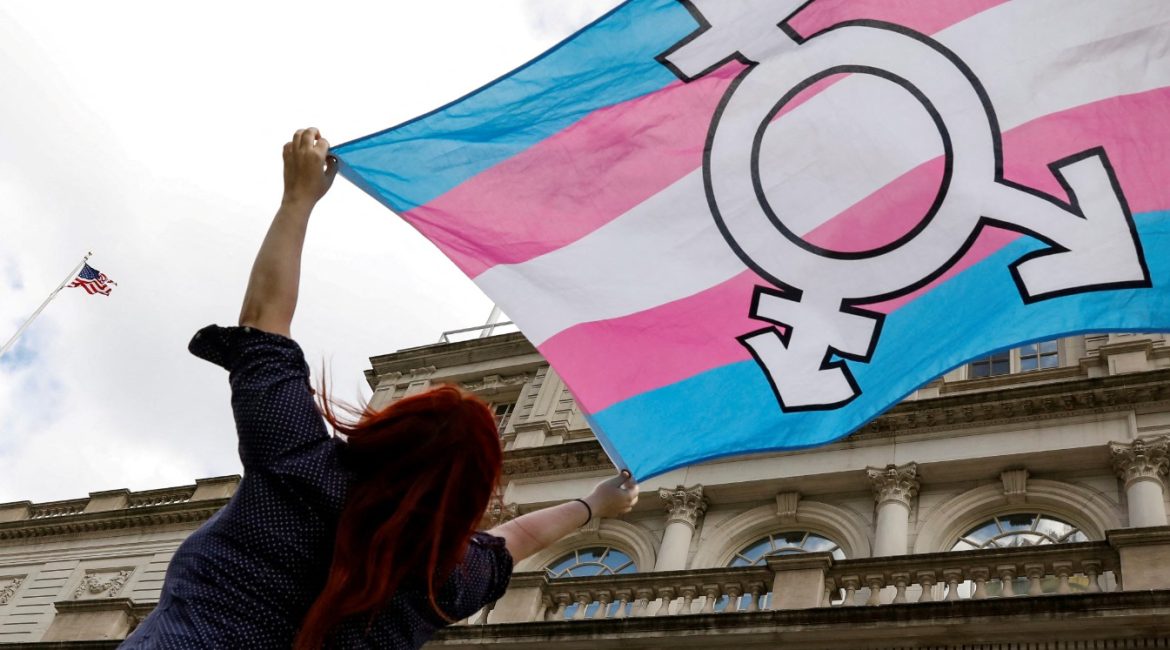New findings from the most extensive survey of individuals identifying as transgender in U.S. history underscore the importance of the country’s progress while highlighting the need for more work. This survey reveals both progressive changes and remaining challenges facing America in supporting and protecting transgender citizens.
Striving for equality: New law in Maryland and problems in Utah for transgender people
On January 1, 2024, Maryland adopted the Transgender Health Equity Act. This legislation extends the Medicaid program of the state to include a variety of medical services concerning gender identity. Citizens can now access hormone therapy, laboratory testing, surgical procedures and post-transition support, reflecting a commitment to fairness and equity in health care for all.
A month Subsequently, approximately 2,000 miles distant, the governor of Utah enacted a statute that would ban preventing transgender individuals from accessing restroom facilities in public buildings that align with their gender identity. The legislation also criminalizes individuals who utilize locker rooms or bathroom facilities in public buildings that do not correspond to their biological sex assigned at birth.
Laws like Maryland’s, which expands transgender citizens’ access to health care, and Utah’s, which restricts their rights in public buildings, reflect the complex situation of transgender people in America today.
The report “Early Insights: The 2022 Transgender in the United States Survey Report” was published by the National Center for Transgender Equality in collaboration with the National Black Trans Rights Coalition, the TransLatin@ Coalition, the National Asian Pacific Queer Coalition, and the Islander Alliance. It represents the main analysis of the largest-ever study on the lives and experiences of transgender individuals, encompassing feedback from over 92,000 participants aged 16 and above across all 50 states, Colombia, U.S. territories, and overseas military bases. The Robert Wood Johnson Foundation partially funded this report.

One testimony captures an undeniable and fundamental truth: transgender people who receive proper care and support experience a sense of relief and peace. “
Now, following the completion of hormone replacement therapy and surgical procedures,” Taylor said, “I can go about my daily life free from pain and dissociation and suffering.”
Almost every adult participant in the survey (94%) said that living as their gender identity different from their assigned sex at birth led them to greater life satisfaction, while 79% reported a “significant increase in satisfaction.” Scientific research supports these findings: Having access to care that affirms gender identity can lower rates of suicidal thoughts and depression and enhance mental well-being among transgender adolescents.
Another story vividly shows how transgender people across different age groups survey shows that a significant number of respondents receive strong support from both close and extended family members, indicating that those who are most familiar with them are often the most supportive.“My whole life has changed because my family has completely accepted me,” Amanda shared. “As I get older (over 50), I realize how important it was for me.”
Among adult respondents whose immediate family knew about their transgender identity, 67% said their family members were “supportive” or “very supportive” of them. Among those who disclosed this information to extended family members, nearly three in five (58%) also reported receiving support from those relatives. This data encourages us by showing that most trans people do not face their journey alone, but there is still much work to be done to increase the number of those who receive this support.
The impact of anti-transgender legislation on life and financial situation: statistics and real stories
The overwhelming majority of adults (80%) and 60% of respondents aged 16-17 and 80% of adults reported encountering at least one form of discrimination or negative experience during their time in K-12 schools. Nearly half of adults (48%) who sought health care in the past year reported experiencing harsh treatment because of their gender identity, such as being denied health care or using harmful and offensive language by health care providers during treatment. Also, nearly a third of adults (30%) in the sample say they have experienced verbal abuse because In the previous year, 30% of respondents experienced discrimination based on their gender identity or expression. Additionally, 11% of employed adult respondents reported job loss due to their gender identity or expression.

Negative treatment has a serious impact on the lives and finances of transgender people, as well as their ability to meet basic needs. Chanel, who shared her story, said: “I literally had to run all over the country and even beyond it to find a roof over my head.”
A 2023 report by the Trevor Project, an organization dedicated to preventing suicide among LGBTQ+ youth, revealed that 50% of transgender and nonbinary youth contemplated suicide in the previous year. Similarly, almost half (47%) of adult participants in the US Transgender Survey expressed a desire to move from states with anti-transgender laws, with 5% of them already having done so.
The growing wave of legislation in the United States that targets transgender individuals; more than 400 legislative proposals are currently under consideration in state legislatures —is complicated by the fact that transgender individuals frequently encounter limited resources and options to maintain their health and safety. 34% of respondents live in poverty, 30% are homeless, and 18% have lost their jobs.
Many of those who shared their stories, like Rowan, express the hope that one day all transgender people will feel accepted and belonged, regardless of where they live. “Once I was assigned to the gender I was assigned at birth, I felt distressed, depressed, and frustrated,” Rowan shared. “But now I am liberated, accepted, loved and happy as I always have been – as the woman I am and always have been.”
New legislation passed in Maryland, based on the principles of moving towards inclusion and acceptance takes us a step closer to achieving this aspiration. With the new law in Utah, based on discrimination and intolerance, takes us away from this idea. These differences highlight the deep responsibility that legislators across the country have today to pass laws that help create a more just and inclusive future where every person is accepted, loved and happy.

